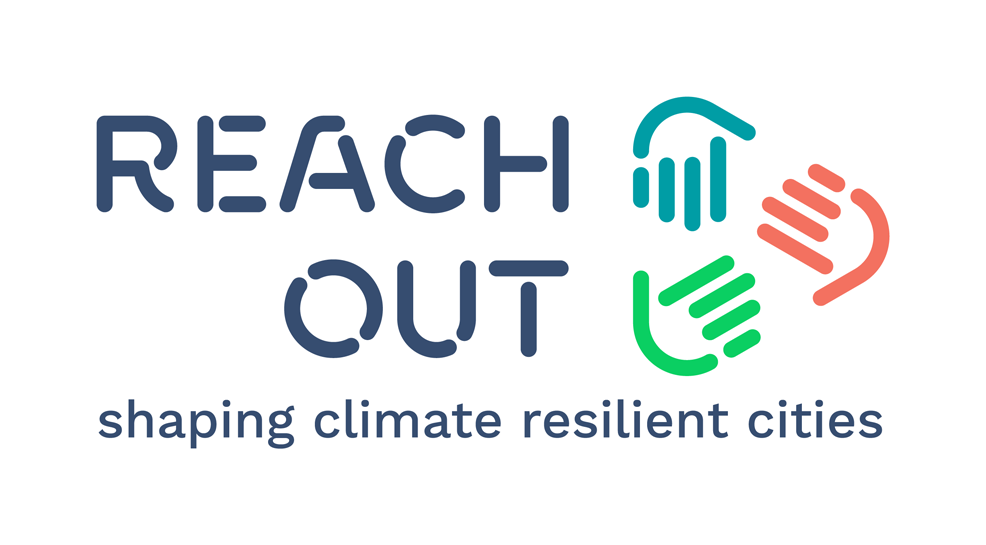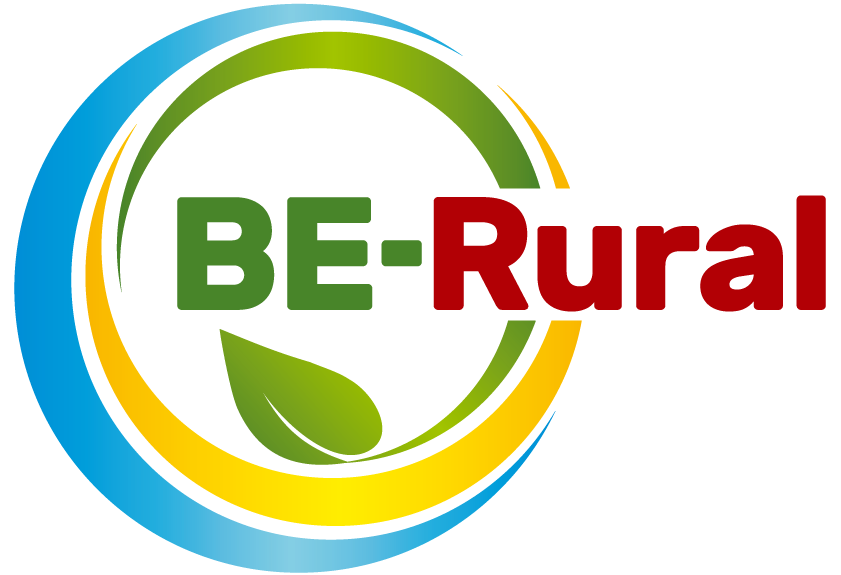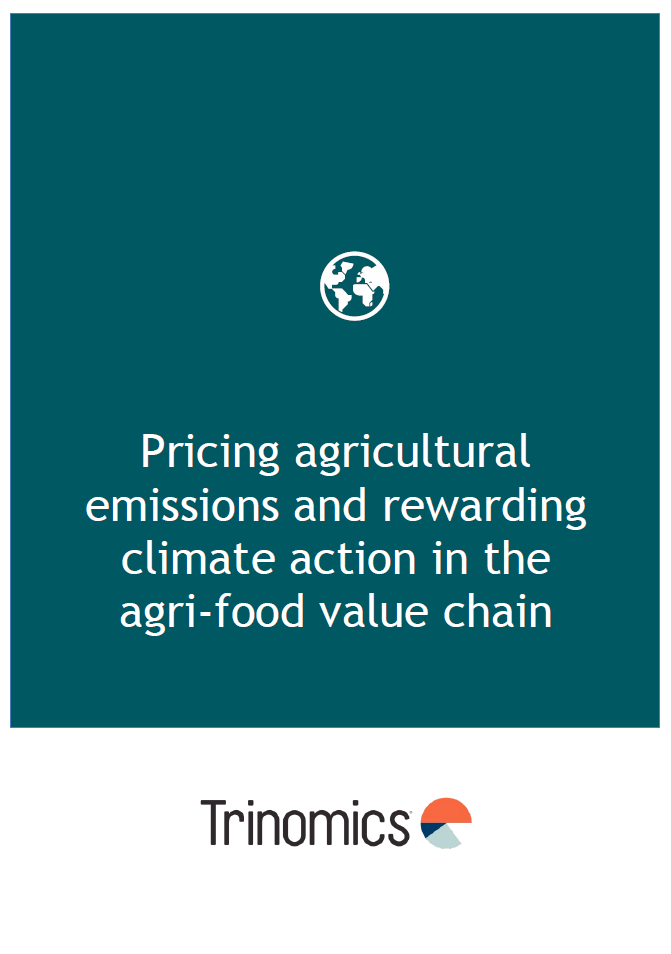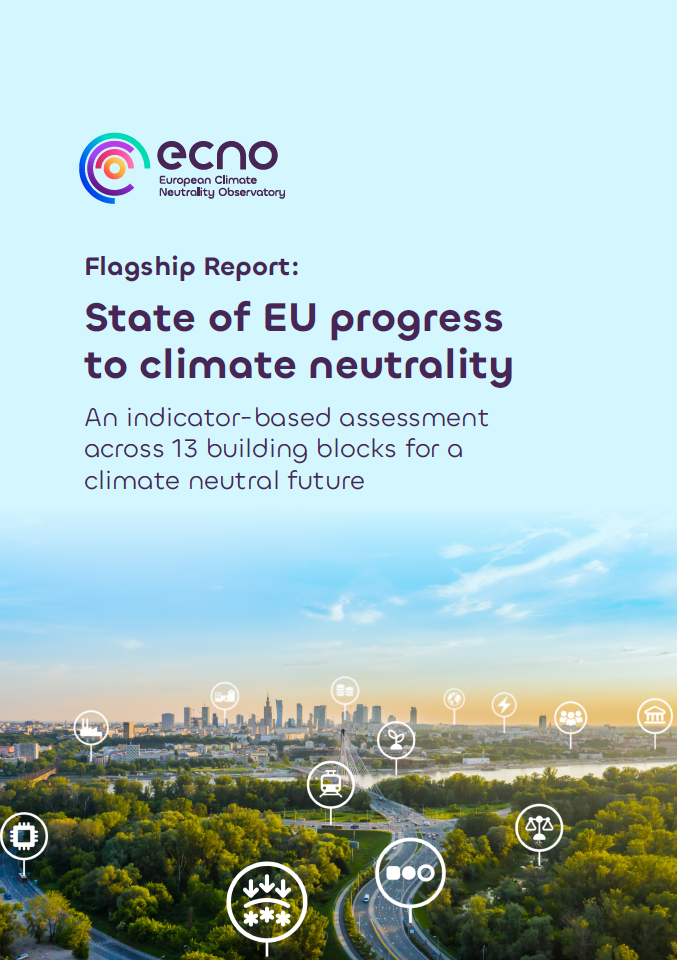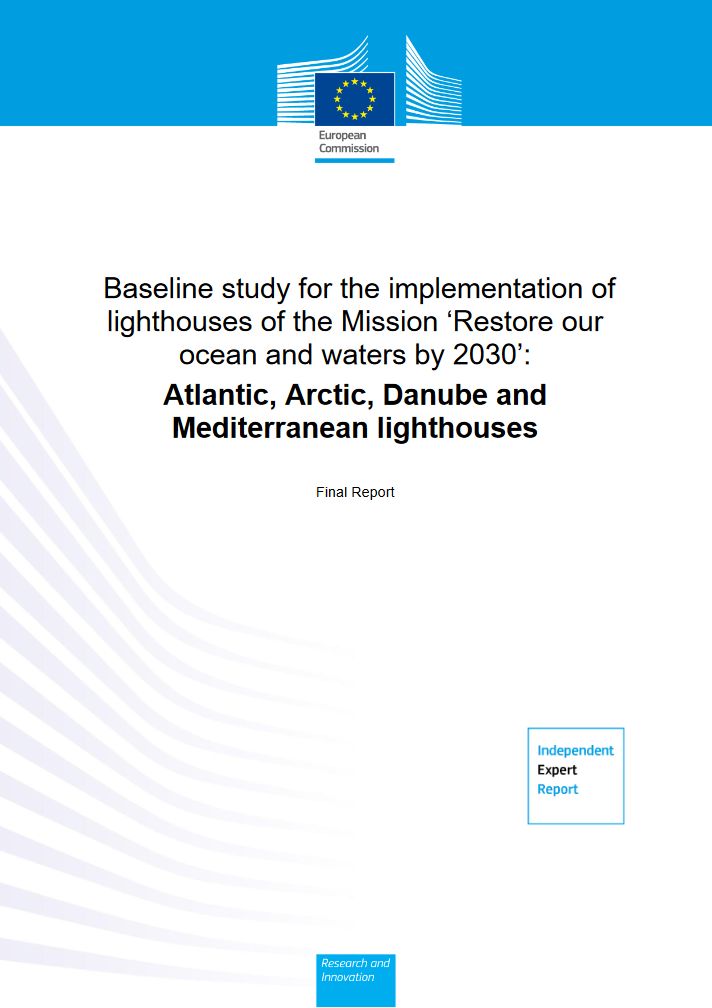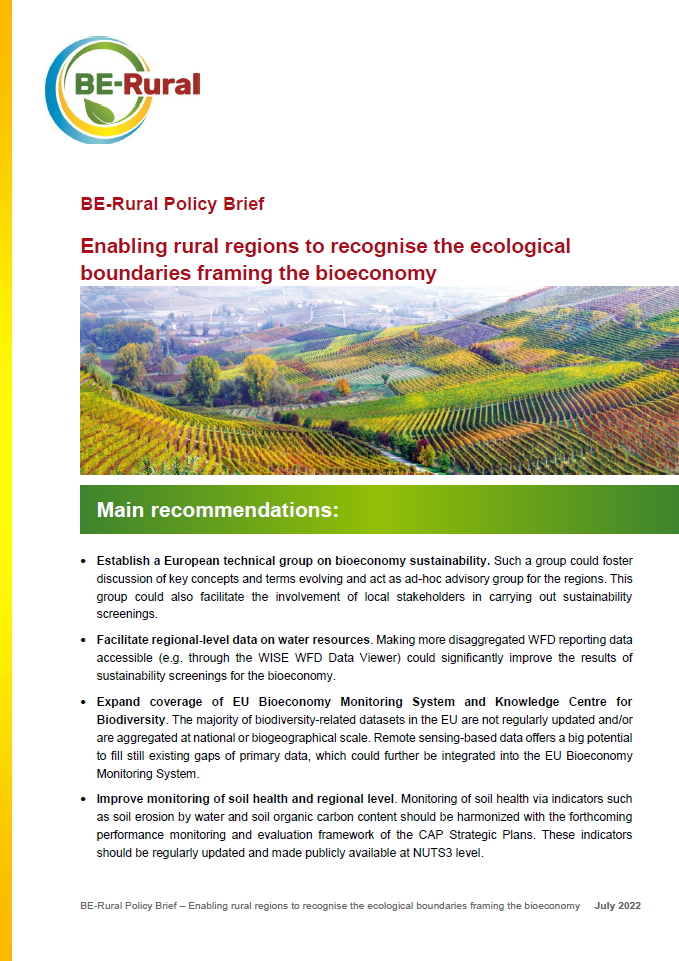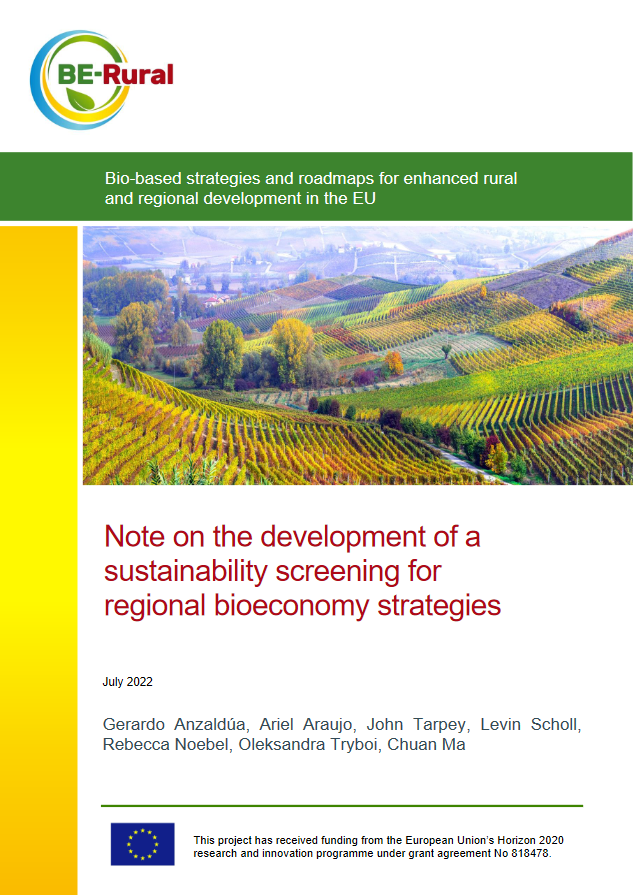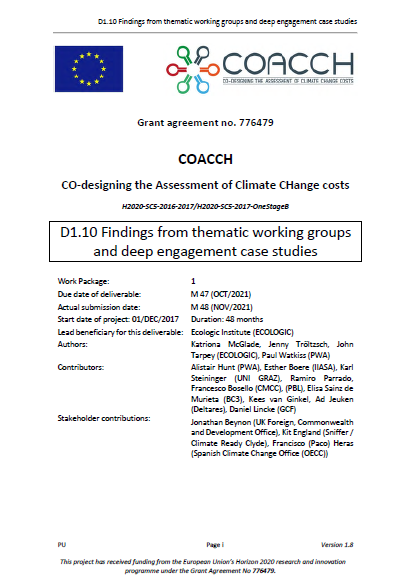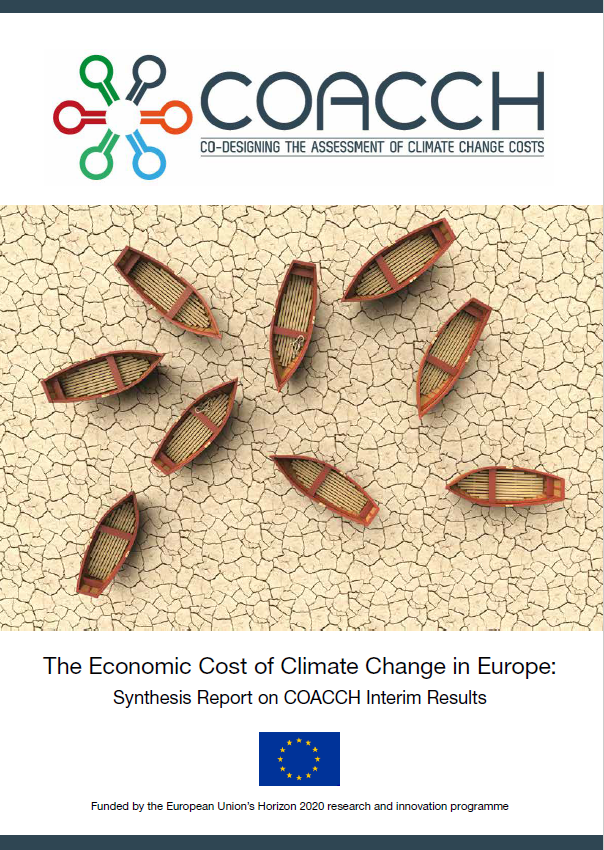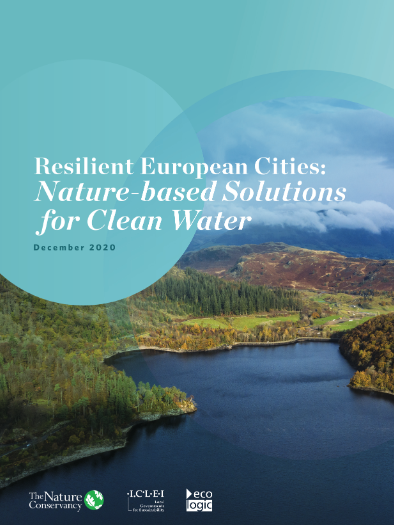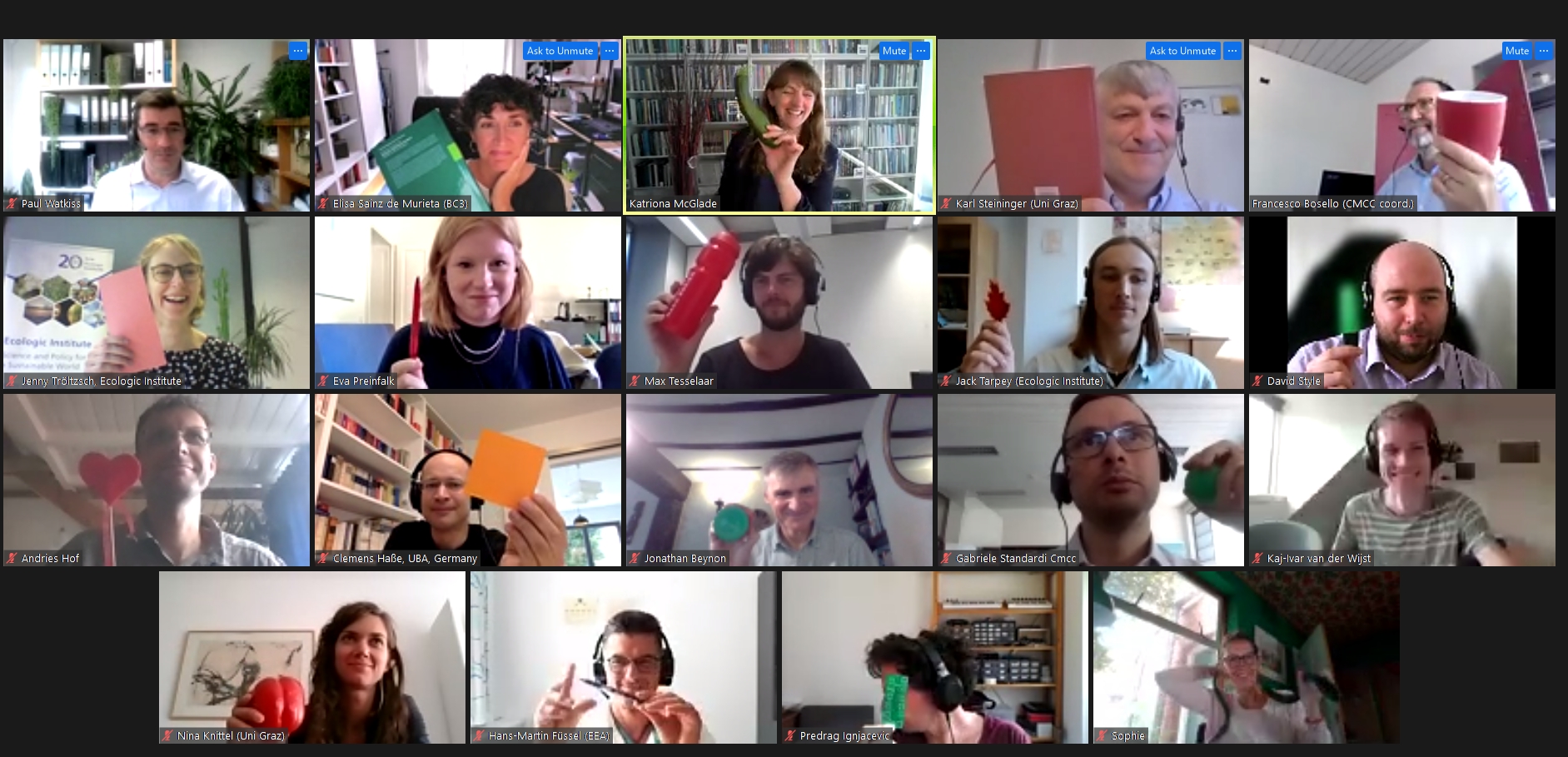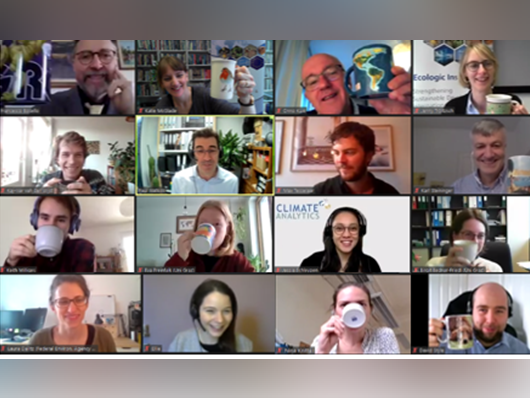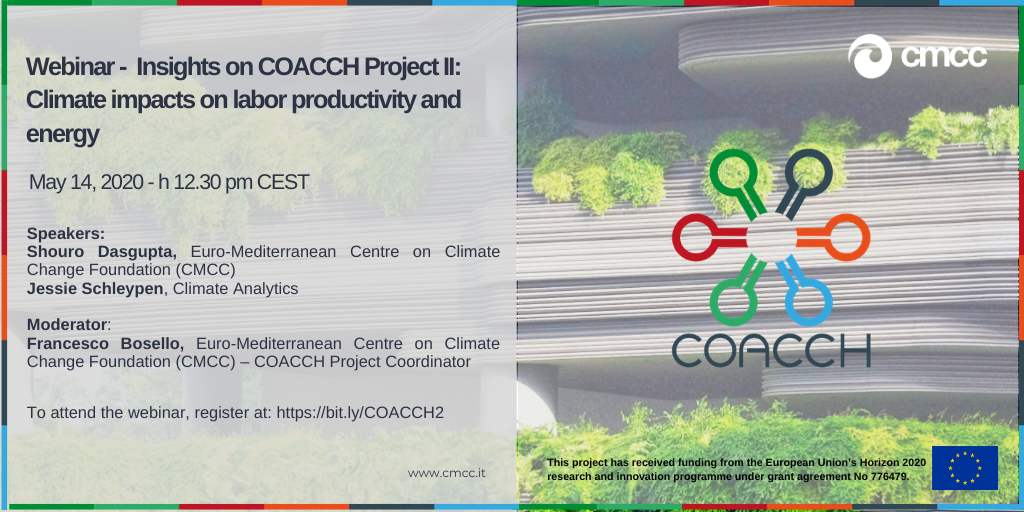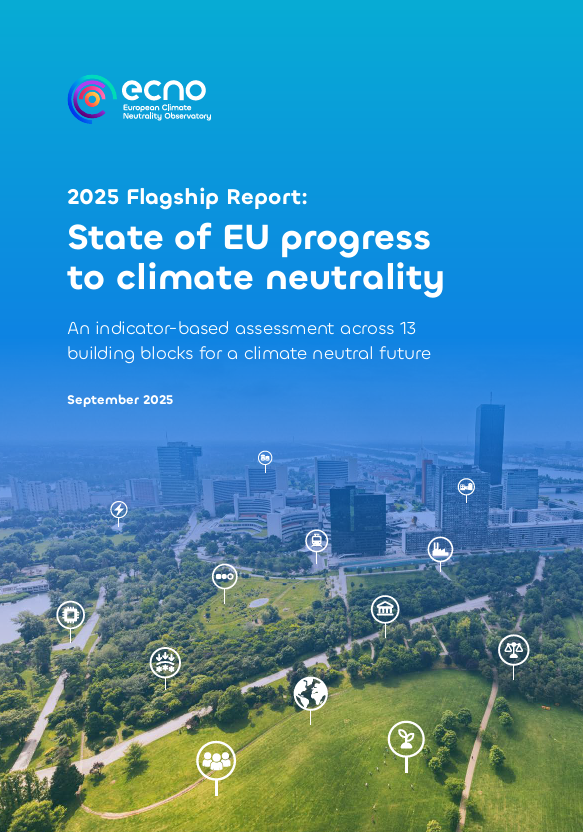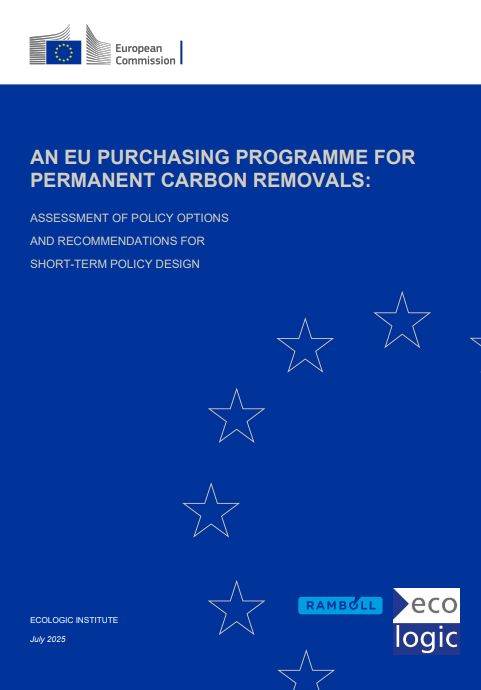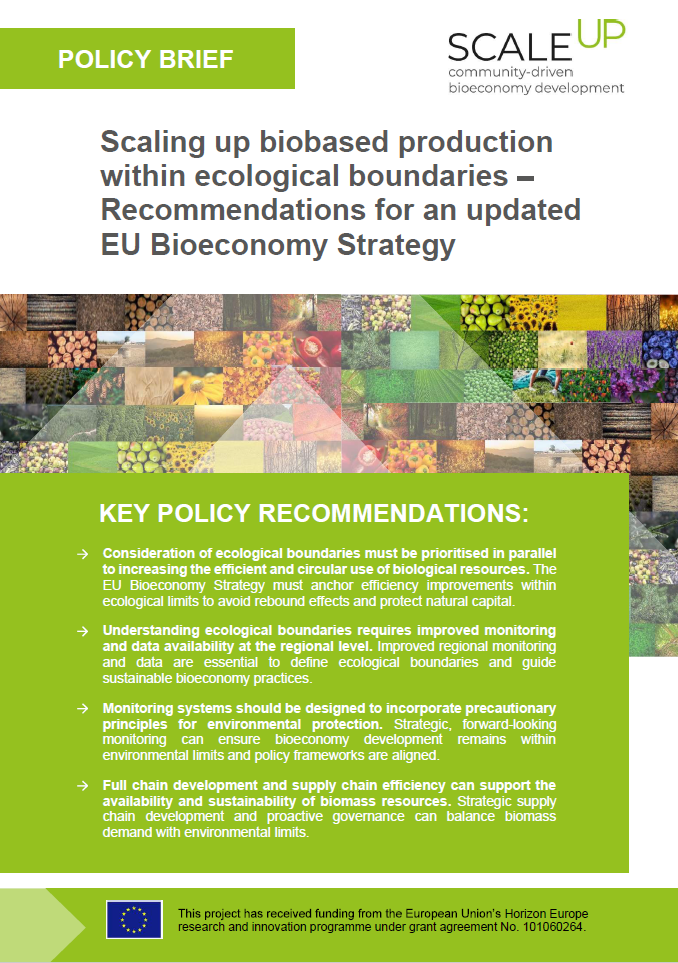
John Tarpey
MSc (Environmental Planning)
BA (Environmental Science, Public Policy)
Fellow
- Team
- Topics
John Tarpey began working at Ecologic Institute in 2016 and currently works as a Fellow with interests including climate adaptation and economics, water resource management, and agriculture. He is a native English speaker, is fluent in French and has a good knowledge of Spanish as well as basic German.
At Ecologic Institute, John Tarpey works on Resilience in Europe through Activating City Hubs Reaching out to Users with Triple-A Climate Adaptation Tools (REACHOUT), funded by the European Commission's Horizon 2020 programme. REACHOUT aims to advance user-oriented climate services in seven European City Hubs to support the implementation of the European Green Deal. He is also involved Assessing Climate Change Risk in Europe (ACCREU), a Horizon Europe project developing a comprehensive socio-economic assessment of future climate risks in European countries and sectors under different adaptation and mitigation scenarios.
Previously, John worked on CO-designing the Assessment of Climate Change Costs (COACCH), examining the economic costs of climate change and climate actions, and supporting an improved downscaled assessment of the risks and costs of climate change in Europe. He also coordinated the Ecologic team on a project for the European Environment Agency, consolidating information and preparing a report on adaptation costs and inaction costs in the EU. Additionally, John has worked on other European projects such as Fish Friendly Innovative Technologies for Hydropower (FIThydro), Making Society an Active Participant in Water Adaptation to Global Change (BeWater), and Economics of Climate Change Adaptation in Europe (ECONADAPT).
Prior to joining Ecologic Institute, John Tarpey worked in project management for Strata Solar, a utility-scale solar power company in North Carolina. He was involved in cost and performance reporting, in addition to carrying out construction data analysis. He has also worked with the North Carolina Sierra Club as a legislative assistant, where he researched bills relating to energy efficiency standards and water quality. John previously held an internship at the United Nations Environment Programme working on the Environment and Security Initiative.
John Tarpey completed his Master's degree in Environmental Planning at the Technische Universität Berlin (Germany). He received his Bachelor's from Duke University in North Carolina, where he studied environmental science and public policy, with a focus on energy issues and environmental policy. During this time, he spent a semester at the University of Cape Town in South Africa, where he studied local urban development and political science.
Contact John Tarpey by Email
Selected projects by John Tarpey
Assessing Climate Change Risk in Europe (ACCREU)
- Duration
-
-
- Funding
-
European Climate, Infrastructure and Environment Executive Agency (CINEA), International
Resilience in Europe through Activating City Hubs Reaching out to Users with Triple-A Climate Adaptation Tools (REACHOUT)
- Duration
-
-
- Funding
-
European Commission, Directorate-General Research & Innovation (DG Research & Innovation), International
Climate Change and Carbon Removals
- Duration
-
-
- Funding
-
European Environment Agency (EEA), International
Defining Adaptation Needs, Counting Adaptation Finance and Enabling Actions at National and European Level
- Duration
-
-
- Funding
-
European Environment Agency (EEA), International
Bio-based Strategies and Roadmaps for Enhanced Rural and Regional Development in the EU (BE-Rural)
- Duration
-
-
- Funding
-
European Commission, Directorate-General Research & Innovation (DG Research & Innovation), International
Flood damages in Altenahr Altenburg (Germany), 2021
|Martin Seifert. The original uploader was CnndrBrbr at German Wikipedia., CC0, via Wikimedia Commons
The Cost of Adaptation Versus the Cost of Inaction for Europe
- Duration
-
-
- Funding
-
European Environment Agency (EEA), International
CO-designing the Assessment of Climate Change Costs (COACCH)
- Duration
-
-
- Funding
-
European Commission, Directorate-General Research & Innovation (DG Research & Innovation), International
Nature Based Solutions for Water Security in Europe (NBS4WS)
- Duration
-
-
- Funding
-
The Nature Conservancy (TNC), International
Selected publications by John Tarpey
Bognar, Julia et al. 2023: Pricing agricultural emissions and rewarding climate action in the agri-food value chain. Rotterdam: Trinomics.
Velten, Eike Karola et al. 2023: Flagship Report: State of EU progress to climate neutrality. An indicator-based assessment across 13 building blocks for a climate neutral future. European Climate Neutrality Observatory (ECNO).
European Commission, Directorate-General for Research and Innovation, Alao Chanou, Z., McColgan, O., Berbel, J., et al., Baseline study for the implementation of lighthouses of the Mission 'Restore our ocean and waters by 2030': Atlantic, Arctic, Danube and Mediterranean lighthouses, Publications Office of the European Union, 2023, https://data.europa.eu/doi/10.2777/34856
Tarpey, J., Araujo, A. and Anzaldua, G. [Ed.] 2022: Enabling rural regions to recognise the ecological boundaries framing the bioeconomy. Policy Brief. Ecologic Institute.
Anzaldúa, Gerardo et al. (2022). D5.4 Note on the development of a sustainability screening for regional bioeconomy strategies. Deliverable of the H2020 BE-Rural project.
McGlade, K., Tröltzsch, J., Tarpey, J., Watkiss, P. (2021). Findings from thematic working groups and deep engagement case studies. Deliverable of the H2020 COACCH project.
McGlade, K., Tröltzsch, J., Tarpey, J. and Watkiss, P. (2022). Co-creating Research: Best-Practice Guidelines. Insights from the Horizon 2020 EU project COACCH.
COACCH (2019). The Economic Cost of Climate Change in Europe: Synthesis Report on Interim Results. Policy brief by the COACCH project. Editors: Paul Watkiss, Jenny Troeltzsch, Katriona McGlade, Michelle Watkiss. Published October, 2019.
Trémolet S. & Karres N. (2020). Resilient European Cities: Nature-based Solutions for Clean Water. The Nature Conservancy. London, United Kingdom.
Tarpey, J., Beusch, C. 2020: Small-Scale Technologies and Business Models for Regional Bioeconomies. Joint Guidance Document for Stakeholders. Ecologic Institute, Berlin.
Kampa, E. Tarpey, J., Rouillard, J., Bakken, T. H., Stein, U., Godinho, F. N., Leitão, A. E., Portela, M. M., Courret, D., Sanz-Ronda, F.J., Boes, R., and A. Odelberg (2017). Technical Deliverable 5.1. Review of policy requirements and financing instruments. H2020 project FIThydro Fishfriendly Innovative Technologies for Hydropower.
Selected events by John Tarpey
Workshop:Co-designing Research on the Economics of Climate Impacts and Adaptation
- Date
-
- Location
- Brussels, Belgium
Workshop:Adaptation Policy Assessments and COACCH Co-design Process
- Date
-
-
- Location
- online
Workshop:Addressing Climate Change in European Supply Chains
- Date
-
- Location
- online
Workshop:COACCH – 3. Interaktiver Co-Design-Workshop
- Date
-
-
- Location
- online
Digital Event:Climate Impacts on Labor Productivity and Energy
- Date
-
- Location
- online
Digital Event:Climate Change Impacts on Agriculture, Forestry, Fisheries and Coastal Areas
- Date
-
- Location
- online
Workshop:Engaging Citizens in Adaptive River Basin Management in the Mediterranean
- Date
-
- Location
- Rmel (Tunisia), Tordera (Spain), Pedieos (Cyprus) and Vipava (Slovenia) river basins



